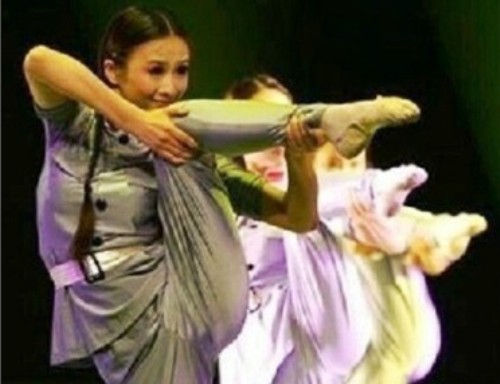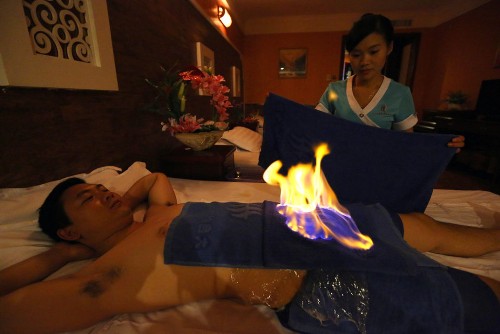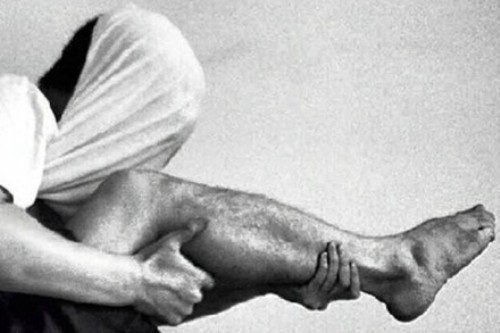The cost of helping this year’s estimated 8 million Chinese university graduates find a job is very high, and it seems Foshan has decided it’s more economical to focus on a select minority—namely, the fuerdai (富二代), otherwise known as the second generation of China’s rich, in order to get them ready to take over their rich fathers’ legacy and start contributing to Foshan’s economy.

A seminar with the trainees. Photo credit: Nandu
And who better to make this decision than Foshan’s own Organisation Department, the same body in charge of personnel arrangements within the Party, government and SOEs.
The city’s private sector contributes RMB 400 billion to the city and accounts for more than 60% of its GDP. However, the heirs of these companies are reluctant to inherit their fathers’ businesses, reported the Beijing Morning Post.
What compounds the situation is that according to the department’s survey of 812 fuerdai personnel, 21.6% of them are overseas passport holders and 77.4% of them are non-Party members. Nationwide, only about 40% of the rich successors are willing to take over their fathers’ mantle, while Shunde’s successful succession rate was slightly higher at 60%, but those who did are mainly forced by their ageing fathers, the report said.
These rich kids aren’t interested in being given a job that pays well, and in which you get to own a company to boot. Rather, the root of the succession problem has been described as their lack of faith in the Party and not having the sense of duty to contribute for the better of the society as their fathers did—you know, by serving as a CEO of a corporation. “If we fail to strengthen their education, all the capitals and human resources will flow to the foreign countries,” an unnamed official told the newspaper.
Therefore, the department organised a six month on-the-job training program for 48 fuerdai born between the 70s and 90s at state companies. The training started in November last year and ended in May.

And the training isn’t necessarily difficult. Feng Zhijun, a 34-year-old fuerdai and one of the trainees, finally learned that the trick to succeeding in business in China after 10 years abroad is warm greetings to the head boss. “When I first returned to China, I found it hard to adjust. I wouldn’t say hello or greet my superiors when I saw them.” Feng was reprimanded by his chairman father who said: “You’re acting like you will never survive here”. Now, Feng is the general manager of an alsphalt company in Foshan. I guess he did learn it after all.
Jiangsu Province in coastal China ran a similar program several years ago with some 1,000 fuerdai, but the results were “not ideal”, the newspaper said. Liu Yuanxin, the official at the organisation department, said the program in Foshan is only a pilot scheme and could be abandoned if it suffers the same fate as Jiangsu.
But so far, he said more than 100 fuerdai have signed up for the second training program. Hopefully, they too will learn the trick to business is a warm hello.
Home page: Sohu
 We know wealth is accumulating in China faster than anybody thought possible, but where do these billionaires come from? The answer might surprise you.
We know wealth is accumulating in China faster than anybody thought possible, but where do these billionaires come from? The answer might surprise you.





















